Wonton wrappers have become very popular recently because of their versatility and ability to create delicious recipes. As the demand for a plant-based diet continues to rise, determining whether wonton wrappers are vegan has become an important question. This post aims to explore the topic, thoroughly understanding these delicious appetizers, their ingredients, and their suitability for a vegan diet.
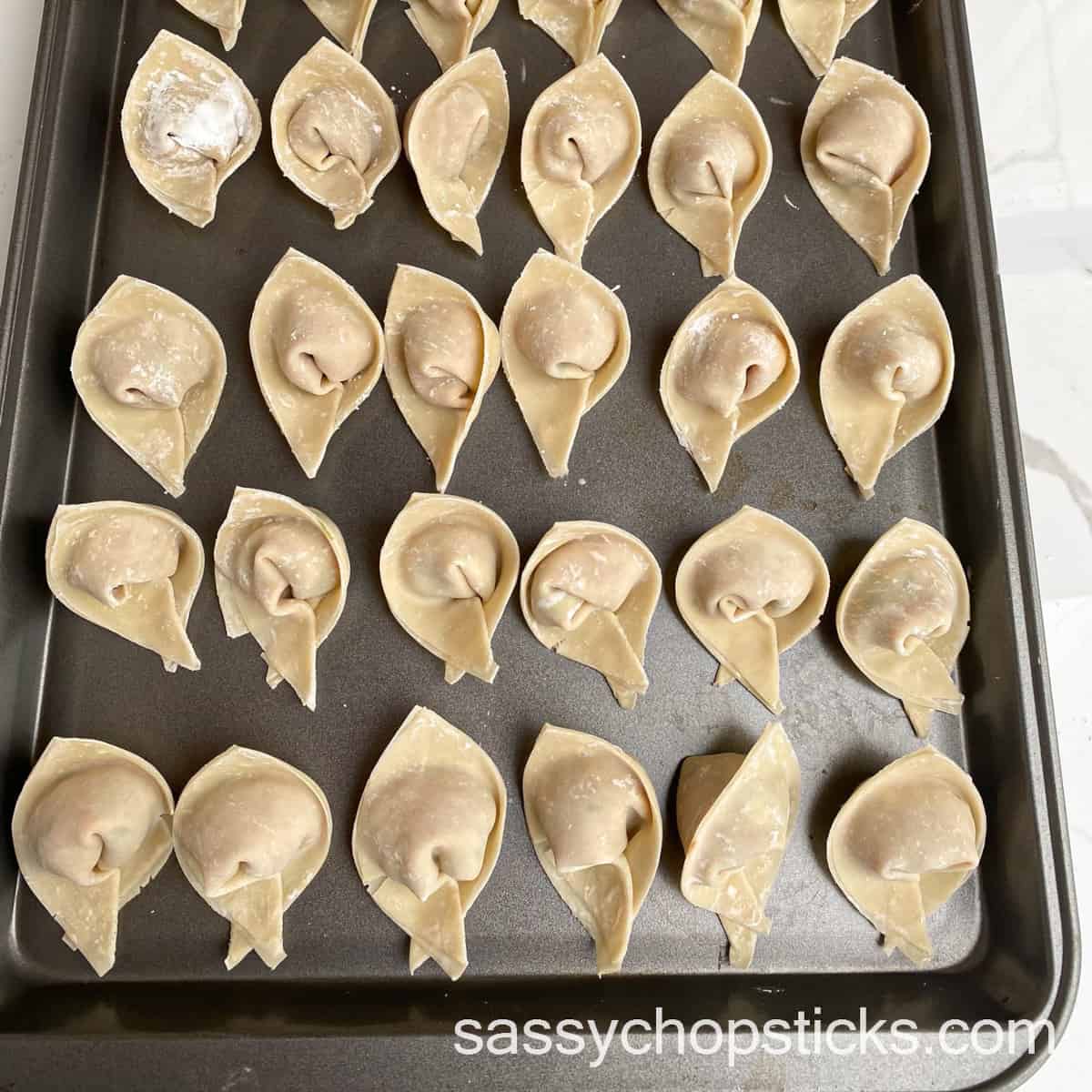
Jump To
- What Are Wonton Wrappers?
- What are wonton wrappers made of?
- What’s the difference between wontons and dumplings?
- Are all wonton wrappers vegan and gluten free?
- How to check that store-bought wonton wrappers are vegan
- Vegan wonton wrappers vs. regular
- How to make vegan wonton wrappers at home
- Vegan alternatives to wonton wrappers
- Conclusion
- YOU MAY ALSO LIKE
What Are Wonton Wrappers?
Before determining whether or not these square wrappers are vegan, it is important first to learn what exactly they are. Wonton wrappers are essentially paper-thin sheets of dough commonly used in Chinese cuisine. They serve as the foundation of many culinary creations, including Chinese dumplings, wontons, and other wrapped or filled dishes. Wonton wrappers can be boiled, steamed, or deep-fried, depending on the cooking method and recipe. With their ability to hold fillings and their delicate texture, these square or round wrappers have become a staple in many homes and restaurants worldwide.
What are wonton wrappers made of?
Traditional Chinese wonton wrappers are made from a combination of flour, salt, and water. All-purpose flour is the most common type of flour used because it provides the desired texture and elasticity. Some variations may include eggs in the simple dough, which adds flavor and richness to the versatile wraps.
What’s the difference between wontons and dumplings?
Many people use the “wontons” and “dumplings” interchangeably. However, there are a few subtle differences between them. Originating from China, wontons are a specific type of dumpling. They are usually smaller and have a more delicate, thinner wrapper. In contrast, dumplings cover a broader category of filled dough pockets commonly found in many cuisines around the globe. They can have different shapes, thicknesses, and sizes depending on the cultural context. Vegan dumplings are also commonly available.
Are all wonton wrappers vegan and gluten free?
No, not all wonton wrappers are vegan. Traditional wonton dumplings typically contain eggs as an ingredient which makes them unsuitable for a vegan diet. However, with the increasing demand for plant-based options, many home cooks and different brands have developed vegan Nasoya wonton wrappers. These vegan alternatives are usually made without eggs and use plant-based ingredients such as flour, water, and sometimes vegetable oil, e.g., sesame oil.
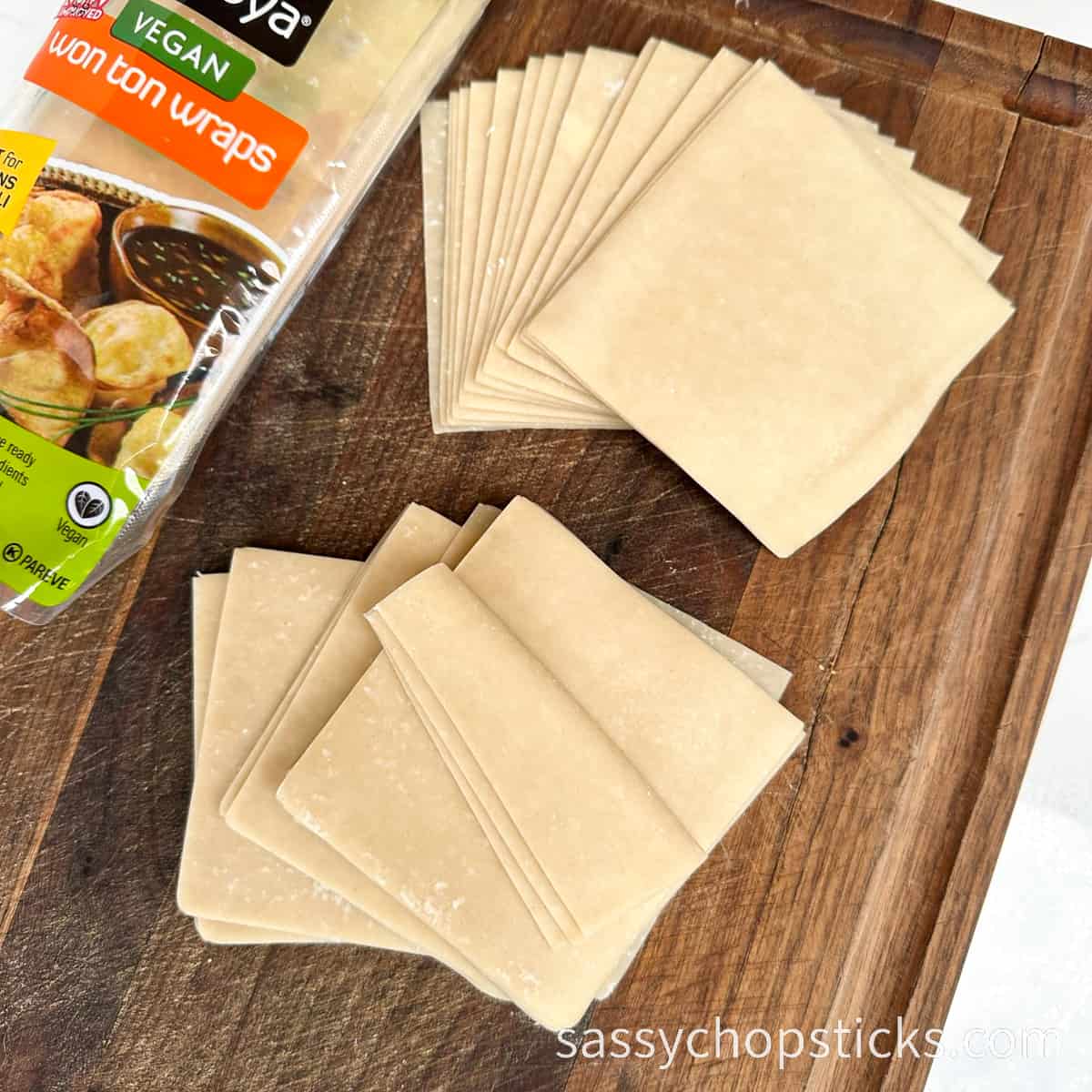
Alternatively, if you enjoy cooking and have the time, you can also try making your own vegan wonton wrappers at home using a vegan recipe. By opting for vegan wonton wrappers or making your own, you can enjoy delicious vegan wontons and other similar dishes without compromising your dietary preferences.
Are wonton wrappers gluten-free? Unfortunately, yes, most wonton wrappers are not gluten friendly.
How to check that store-bought wonton wrappers are vegan
When shopping for wonton or gyoza wrappers at your local grocery store, it is important to identify whether or not they are vegan. The following are some tips that will help you in this regard:
- Read the ingredients list: The most crucial and the first step is to carefully read the product information, specifically the ingredients list, on the packaging. Look for animal products or animal-derived ingredients such as milk, eggs, or other dairy products. Vegan wonton wrappers should explicitly state that they are egg-free or suitable for a vegan diet.
- Check for allergen statements: In some cases, allergen statements can provide useful information. Manufacturers often highlight common allergens such as wheat flour, milk, or eggs in capitalized or bold letters on the packaging. If these allergens are not listed, the wonton wrappers are vegan-friendly.
- Look for vegan certifications: Some brands willingly obtain vegan certifications to make it easier for consumers to identify their products. Look for symbols or labels that indicate that the square wonton wrappers are certified vegan by recognized organizations.
Vegan wonton wrappers vs. regular
The absence of eggs is the primary difference between vegan and regular wonton wrappers. Vegan wontons substitute eggs with plant-based ingredients while maintaining the desired flavor and texture. Nasoya vegan wonton wraps are just as delicious and versatile as their non-vegan counterparts and offer a cruelty-free option for people that follow a vegan lifestyle.
How to make vegan wonton wrappers at home
If you're up for a culinary project, you can try making your own vegan wonton wrappers at home. Making vegan wonton wrappers at home is a viable option for those who prefer a hands-on approach. It is a straightforward recipe. To prepare homemade dumpling wrappers, you will need all-purpose flour or homemade dumpling dough, water, and a pinch of salt. Follow these simple steps:

- Combine the flour and salt and gradually add water until a pliable and smooth dough forms.
- Thoroughly knead the dough, then roll it into thin sheets.
- Next, cut the sheets into circles and squares. Your homemade vegan wonton wrappers are ready to use. Enjoy the delicious vegan wrap with your favorite filling.
- If you wish to store them, stack them neatly and place them in an airtight container or plastic wrap sealable bag at room temperature.
Remember to adjust the cooking time and method when using vegan alternatives, as the texture of the wrappers may vary compared to traditional wonton wrappers.
Vegan alternatives to wonton wrappers
If you're looking for vegan alternatives to traditional wonton wrappers, there are a few options you can consider:
- Rice paper wrappers: commonly used in Vietnamese cuisine for spring rolls, can be a great vegan substitute for wonton wrappers. These thin, translucent sheets are made from rice flour and water. They can be softened by briefly soaking them in warm water before use. While they have a slightly different texture than wonton wrappers, they work well for wrapping and folding various fillings.
- Wonton skins made with wheat flour: Some wonton skins are made without eggs or other animal products, so you can check the ingredient list or look for specifically vegan brands. These skins are typically made from wheat flour, water, and salt.
- Tofu wrappers, also known as tofu skin or beancurd sheet, are thin sheets made from soybeans. They are commonly used in Asian cuisine as a versatile ingredient. Tofu wrappers have a slightly chewy texture and can be used in various ways, including as a wrapper for dumplings or rolls. Tofu wrappers are a great vegan alternative to traditional wonton wrappers, providing a different texture and flavor profile. They are particularly popular in dishes like vegetarian spring rolls or stuffed tofu pouches. Tofu wrappers can be found in Asian grocery stores, and they come in various thicknesses and sizes to suit different culinary applications.
Conclusion
Wonton wrappers are a popular culinary staple. They offer endless possibilities for creating delicious and flavorful dishes. While not all wonton wrappers are vegan, there are vegan Nasoya wrap alternatives that cater to the increasing demand for plant-based options. With the availability of these vegan versions in Asian markets, you can enjoy the great versatility and delightful flavor of Chinese wontons while staying true to your plant-based dietary preferences. Now that you know how to make vegan wonton wraps, why not give them a try in your own kitchen? Let me know what you think. 🙂


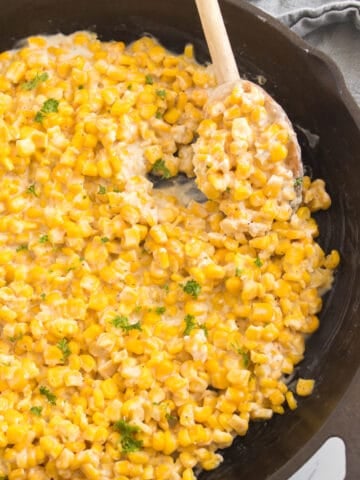
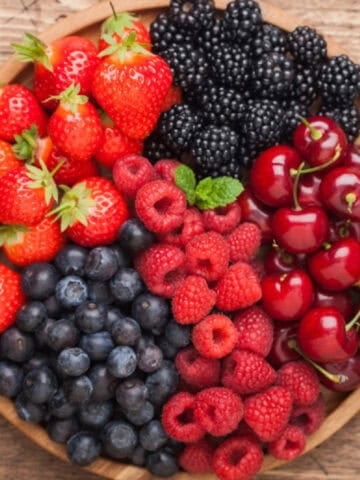
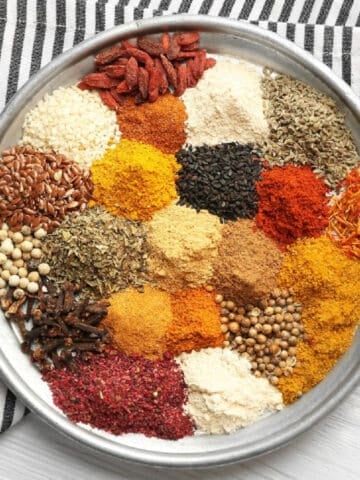
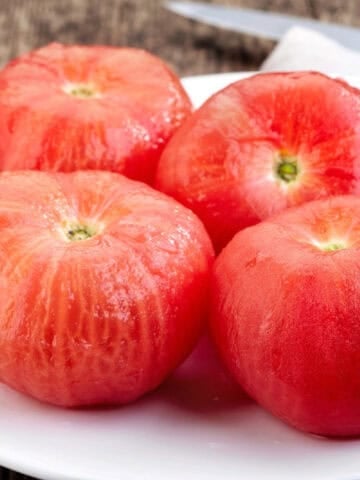
Leave a Reply